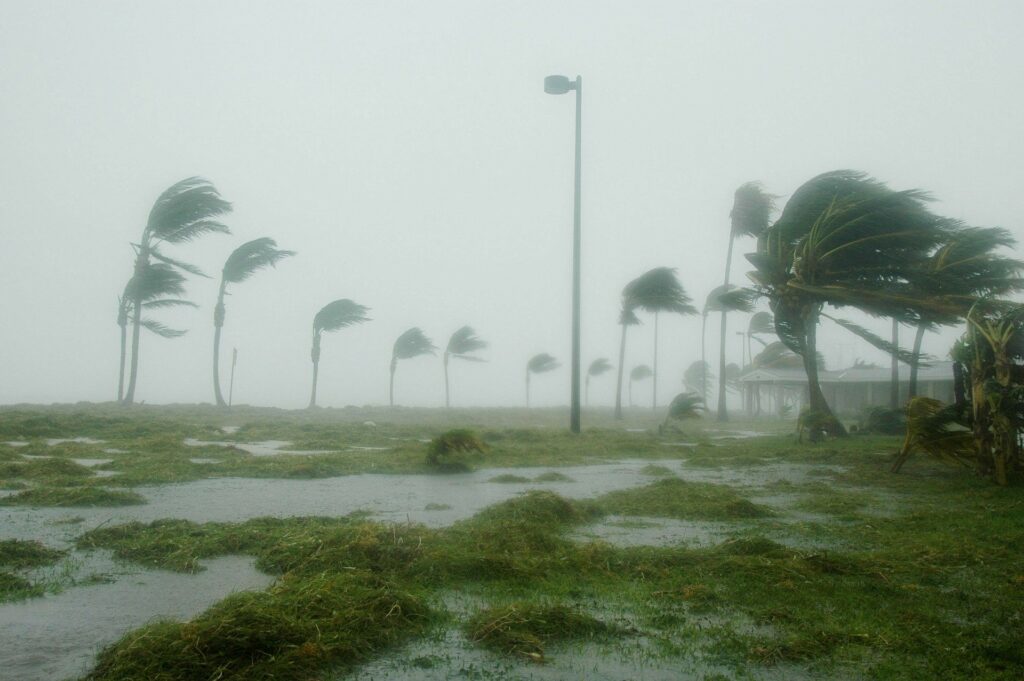
I admit it. The first time I ever heard about emergency preparedness for breastfeeding families it seemed odd to me. My immediate smart-alecky remark was: “Just tell mothers to go ahead and breastfeed! After all, breasts don’t require any electrical power!”
My point was correct, but it was very shortsighted.
Here, I’ll address four roles for the certified and non-certified breastfeeding advocates.
Demonstrate commitment to the cause
You might not think of this as a “role,” but indeed it is. Breastfeeding advocates need to demonstrate their commitment to breastfeeding as a public health imperative.
I was highly inspired during my podcast with guest Dr. Karleen Gribble. An expert on the topic, she discussed the impact of a disaster on breastfeeding or formula-feeding before, during, and after it occurs.
Oddly, one of my take-home messages from Dr. Gribble was this: Around the globe, emergency preparedness planning is better for the health and well-being of pets than it is for infants and children. Yet, I should haven’t been surprised.
We often think of kids as miniature adults. They aren’t. They have special needs. Those needs are even more special when they are dependent on their mother’s milk to sustain them.
You know I’m all about continuing education and professional development. But let me be quick to say that it’s more important to become involved in emergency preparedness for breastfeeding families than to hold a certification.
Maybe you’re already certified as an IBCLC. Or maybe you have other breastfeeding support experience — or even just personal breastfeeding experience. Either way, you have plenty of expertise to help with emergency preparedness.
Assist with emergency preparedness in advance
Become a part of your community’s emergency preparedness planning and facilitate breastfeeding-supportive policies before disaster strikes.
Or, if you teach breastfeeding classes or mothers’ groups, talk about what they can do in an emergency. That includes what to do about milk storage, engorgement, and so on. Encourage them to check relevant sources from the World Health Organization, the American Academy of Pediatrics, and others.
When a natural disaster strikes, breastfeeding mothers may feel anxious about their ability to continue to properly care for and feed their baby. Preparing ahead of time can help relieve anxiety. I have ten top tips for breastfeeding in a natural disaster.
Dispel the myths
Yikes, I’ve been in this business for decades and the same old myths keep cropping up. Here are three that pertain to breastfeeding in emergencies.
- Mothers will be so stressed that they will automatically lose their milk.
- Mothers who are malnourished won’t make good (or enough) milk.
- Breastfed babies need extra water to stay hydrated.
As you know, people recite these myths even on a regular basis. But they often seem to repeat these myths more — and louder — when during an emergency. None of those statements are true. All of these myths should be dispelled during emergency preparedness for breastfeeding families before they circulate during the disaster.
Long ago, I read a published account of a mother who very abruptly lost her milk in a disaster. (I’m saying, here today and gone tomorrow.) Hence, I believe this situation could happen. But I doubt that’s the norm.
One thing I do know is the norm of “blaming”! Many people automatically blame stress for low milk supply. Although it can happen, we have good evidence that the human body has nearly miraculous abilities to overcome adversities. How about focusing on that instead?
Ideally mothers have adequate food and water for making milk. However, unless a mother is seriously starving, she will continue to make adequate amounts of nutritious milk because her body stores will kick in to cover deficits of her currently-compromised nutritional status.
This “babies need extra water” myth has no basis in science. Human milk is made up of about 87% water, and breastfeeding releases hormones that keep mothers and babies calm.
Help aid workers to understand that formula carries many risks
In an emergency, formula companies and aid workers are quick to distribute formula. But even if ready-to-feed bottles are being distributed — meaning that mothers won’t have to worry about mixing formula, or cleaning feeding gear with contaminated water — the formula comes with risks.
Once the formula has been opened and the baby has had his fill, how will the leftover formula be safely stored? Without refrigeration, that’s a germy problem waiting to happen.
Even under the best of circumstances, the formula might not “agree” with the baby, and at the very least he will be uncomfortable — or possibly have a serious adverse reaction or outcome. And each replacement feeding reduces the “demand” and therefore the “supply” of her milk.
Here’s the bottom line about the feeding method. If a breastfeeding mother and her baby can be kept together safely, then they should continue breastfeeding, and hopefully no formula is needed.
Stay tuned for a post on how you can help breastfeeding families during emergencies.
Are you prepared for an emergency? Do you help families with emergency preparedness plans? Share your tips in the comments below!

Such a timely post, Marie. With so many natural disasters/emergencies around the globe, I think we have to teach Moms and our frontline emergency personnel that for most women, breastfeeding is a safe and reliable way to feed their babies. Your article has prompted me to reach out to the safety officers of our municipal fire department and ask if I can support them in some way.
Beth, glad to hear that the post prompted you to take action. If everyone could do just a little bit to raise awareness about emergency preparedness, all of the affected families would benefit!